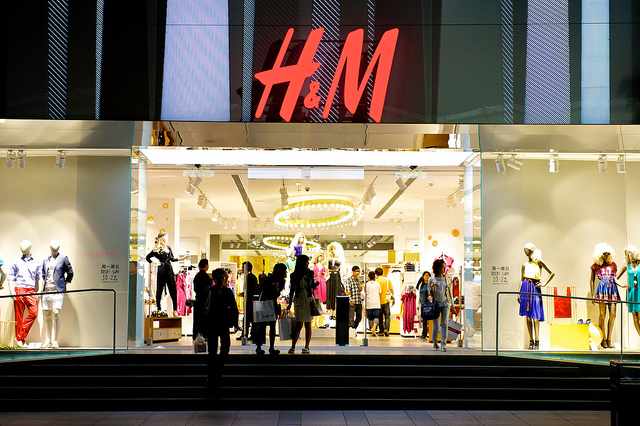The United Nations International Labour Organization announced a unique partnership last month with retail giant H&M to promote sustainable global supply chains in the garment industry.
The new partnership with the world’s second largest clothing retailer will focus on industrial relations and wages, training and skills development for workers at H&M source factories, as well as strengthening employers’ and workers’ organizations in the global garment industry.
Although prior to the tragedy, H&M had rejected proposals that could have closed factories, after the 2013 Savar building collapse, H&M and other retailers signed on to the Accord on Factory and Building Safety in Bangladesh to improve conditions.
In November 2013, H&M’s global head of sustainability committed to paying all textile workers “living wages” by 2018, but stating that governments are responding too slowly to poor working conditions in Bangladesh and other Asian countries.
Intended to establish an innovative model for other brands in the global garment industry, the new agreement expands the sustainable efforts to a larger number of countries, until the end of 2018.
Founded in 1947 in Sweden, H&M owns more than 2,600 retail clothing stores in 53 countries. Its production is outsourced to approximately 800 factories in Europe and Asia.
(READ the report from the UN News)
Photo credit: Simon A (CC license)




















